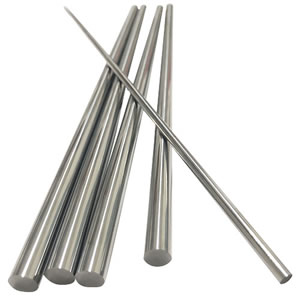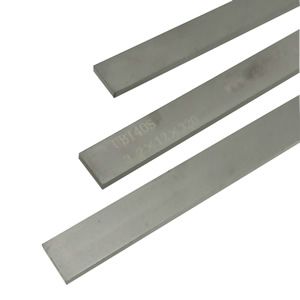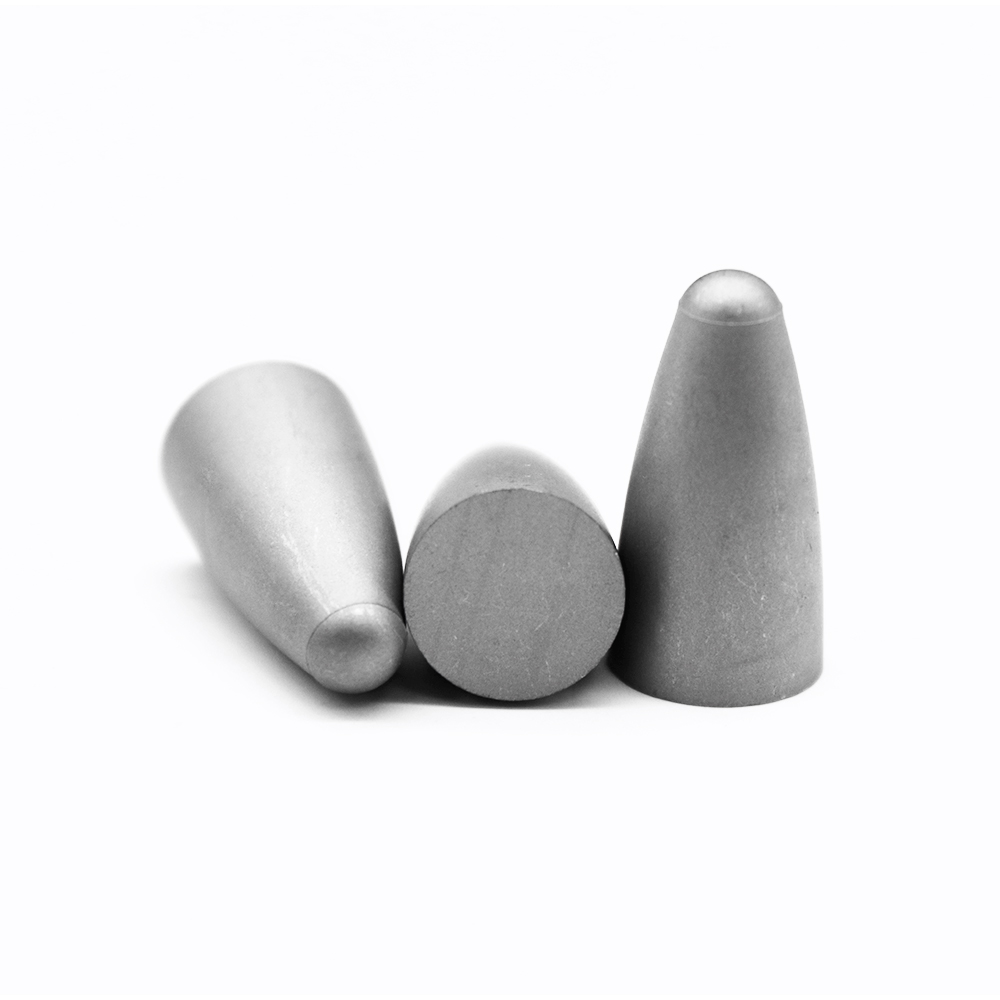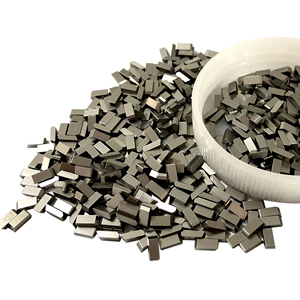What is Titanium?
What is Titanium?

Titanium is a chemical element with the symbol Ti and atomic number 22. It is a strong, lightweight, and corrosion-resistant metal that is commonly used in a variety of applications. Titanium is known for its high strength-to-weight ratio, making it ideal for industries such as aerospace, military, medical, and sports equipment. It is also biocompatible, which means it is well tolerated by the human body and is often used in medical implants and surgical instruments. Additionally, titanium has excellent resistance to corrosion, even in challenging environments, making it a popular choice for marine and chemical processing applications.
What Is Titanium Made Of?
Titanium is produced through a process called the Kroll process, which is the most common method for extracting titanium from its ores. Here is an overview of the steps involved in the production of titanium using the Kroll process:
Ore Extraction: Titanium-containing minerals such as ilmenite, rutile, and titanite are mined from the Earth's crust.
Conversion to Titanium Tetrachloride (TiCl4): The titanium-containing minerals are processed to form titanium dioxide (TiO2). The TiO2 is then reacted with chlorine and carbon to produce titanium tetrachloride.
Reduction of Titanium Tetrachloride (TiCl4): The titanium tetrachloride is then reacted with molten magnesium or sodium in a sealed reactor at high temperatures to produce titanium metal and magnesium or sodium chloride.
Removal of Impurities: The resulting titanium sponge may contain impurities that need to be removed. The sponge is then processed further through various methods like vacuum arc remelting or electron beam melting to produce pure titanium ingots.
Fabrication: The pure titanium ingots can be further processed through various methods such as casting, forging, or machining to produce titanium products for different applications.
Advantages of Titanium:
High Strength-to-Weight Ratio: Titanium is exceptionally strong for its weight, making it ideal for applications where strength and lightweight properties are essential.
Corrosion Resistance: Titanium exhibits excellent resistance to corrosion, even in harsh environments such as seawater and chemical processing plants.
Biocompatibility: Titanium is biocompatible and non-toxic, making it suitable for medical implants and surgical instruments.
High-Temperature Resistance: Titanium can withstand high temperatures without losing its strength, making it suitable for use in aerospace and industrial applications.
Low Thermal Expansion: Titanium has a low coefficient of thermal expansion, making it dimensionally stable over a wide temperature range.
Disadvantages of Titanium:
Cost: Titanium is more expensive than many other metals, primarily due to its extraction and processing methods.
Difficulty in Machining: Titanium is known for its poor machinability, requiring special tools and techniques for cutting and shaping.
Sensitivity to Contamination: Titanium is sensitive to contamination during processing, which can affect its properties and performance.
Lower Modulus of Elasticity: Titanium has a lower modulus of elasticity compared to steel, which may limit its applications in certain high-stress situations.
Reactivity at High Temperatures: Titanium can react with certain materials at high temperatures, necessitating precautions in specific applications.





















